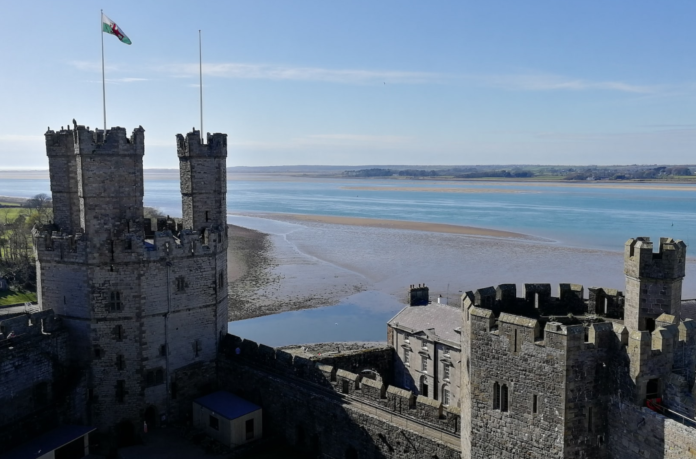Major comms breakdown
Welsh mobile operator RWG Mobile has claimed to offer a radical departure from the rest of the UK’s mobile network operators on three major fronts. It is the only operator in Wales that speaks Cymraeg, the national language of Wales. Speaking the language of your customers should come naturally to a communications specialist, it argues. Secondly has also created software that makes optimum use of wi-fi for connecting mobile operators in areas where no radio signal of any kind is available, be it 5G, LTE or even 3G. However, its founder claims the key differentiator from UK MNO customer service culture is to treat customers as if it really wants to keep their business.
According to Andrew Davies, the CEO of the only Welsh language speaking comms service provider in the UK, the company has puts a greater emphasis on sensitivity than subscription chasing. Though it resells the mobile coverage it buys from mobile operator EE, RWG have diversified its service offering with two additional products, an IoT Connected Network and iCare, a healthcare platform with secure connectivity behind it.
RWG wants to increase it ARPU by earning the trust of its customers, according to Davies. Being a smaller operator, it works harder on the customer relationship. RWG eschews some of the tactics use by MNOs, such as contracts that are binding no matter how demonstrably bad the service is. “Things have changed drastically over the last twenty years when the commitment from both parties in a mobile contract was huge,” said Davies. “Since then, and especially in the last three years, costs of entry have massively reduced. Operators who hide what they are really offering, or who aren’t upfront about Ts and Cs, tend to be a lot more focused on acquisition of customers rather than retention, perhaps because that is where management and business operations are rewarded.”
In the UK there is a growing backlash against the tactics of the Big Four, with regulator Ofcom revealing last week that it is opening an investigation into allegations that BT’s customer contracts are not clear about terms and conditions. Ofcom has also reported, in its latest report on complaints about service providers, that there is little to choose between the technology offerings of MNOs. Coverage and speeds are roughly the same, subject to regional variations, according to tests conducted by Rootmetrics, which also found that outside major metropolitan areas the levels of access fall off a cliff.
RWG Mobile has to be good at retaining customers, since it operates on a small core of staff, said Davies, so its focus is on customer retention more than acquisition. “You can launch without the bells and whistles [but only if] if you have the scale to make really big money,” said Davies. As an MNO afford to be transparent RG has to upfront about its offering. “To succeed you need the right customers and the right operating structure. That’s why our unique products, Connected Networks and iCare, are crucial to us.”
RWG Mobile was originally launched seven years ago because there were problems with network coverage in Wales which still remain and are unlikely to be resolved soon. The big four operators were never going to address them and so a distinctly Welsh network could tackle the issue of rural connectivity because it was smaller and more agile and cared about it more. The lack of a bilingual service option in all the mainstream MNOs is something of an affront to Welsh people. None of the core networks offered service, web presence or customer service bilingually and RWG has changed that, Davies claimed.
“RWG can resolve issues for people in Wales that big networks wouldn’t have bothered with,” said Davies.


